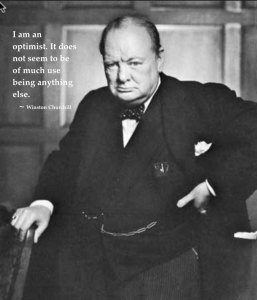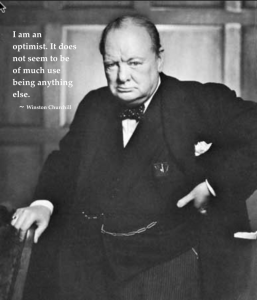Vol. 60: Creating a Responsible Culture
 Last time, we discussed how to create a responsible culture where each individual accepts accountability for their actions and decisions.
Last time, we discussed how to create a responsible culture where each individual accepts accountability for their actions and decisions.
In our discussion of this subject, we’ve ranged from the baseline of personal accountability to a broader organizational culture, to the battle-tested power of after action reviews.
So, if the power of an accountable organization is so obvious, why aren’t we all doing it?
Victimization has a stranglehold on American business
In “The Oz Principle,” a book by Craig Hickman (recently reissued in a revised and updated edition 10 years after its original publication), the overgrown roots of a victimization mentality is chronicled as one of the most corrosive forces in American business.
[pullquote]The man who complains about the way the ball bounces is likely to be the one who dropped it.~ Lou Holtz[/pullquote]
Mr. Hickman pulls no punches in deriding the plight of victimization that he believes has a stranglehold on American industry.
How many of these lines have you heard during your business career?
* “That’s the way we’ve always done it.”
* “That’s not my department.”
* “Someone should have told me not to do that.”
* “Why didn’t you ask me?”
* “Nobody’s followed up on this. It can’t be that important.”
[pullquote]Victimization is a corrosive force in American business[/pullquote]
It’s fodder for a Saturday Night Live skit, isn’t it? (more…)





 Many years ago when we lived in the Midwest, we became very good friends with a young couple down the street.
Many years ago when we lived in the Midwest, we became very good friends with a young couple down the street.


 The Power of One concept is not new — it’s the bedrock of everything from motivational speeches to Army One.
The Power of One concept is not new — it’s the bedrock of everything from motivational speeches to Army One.


